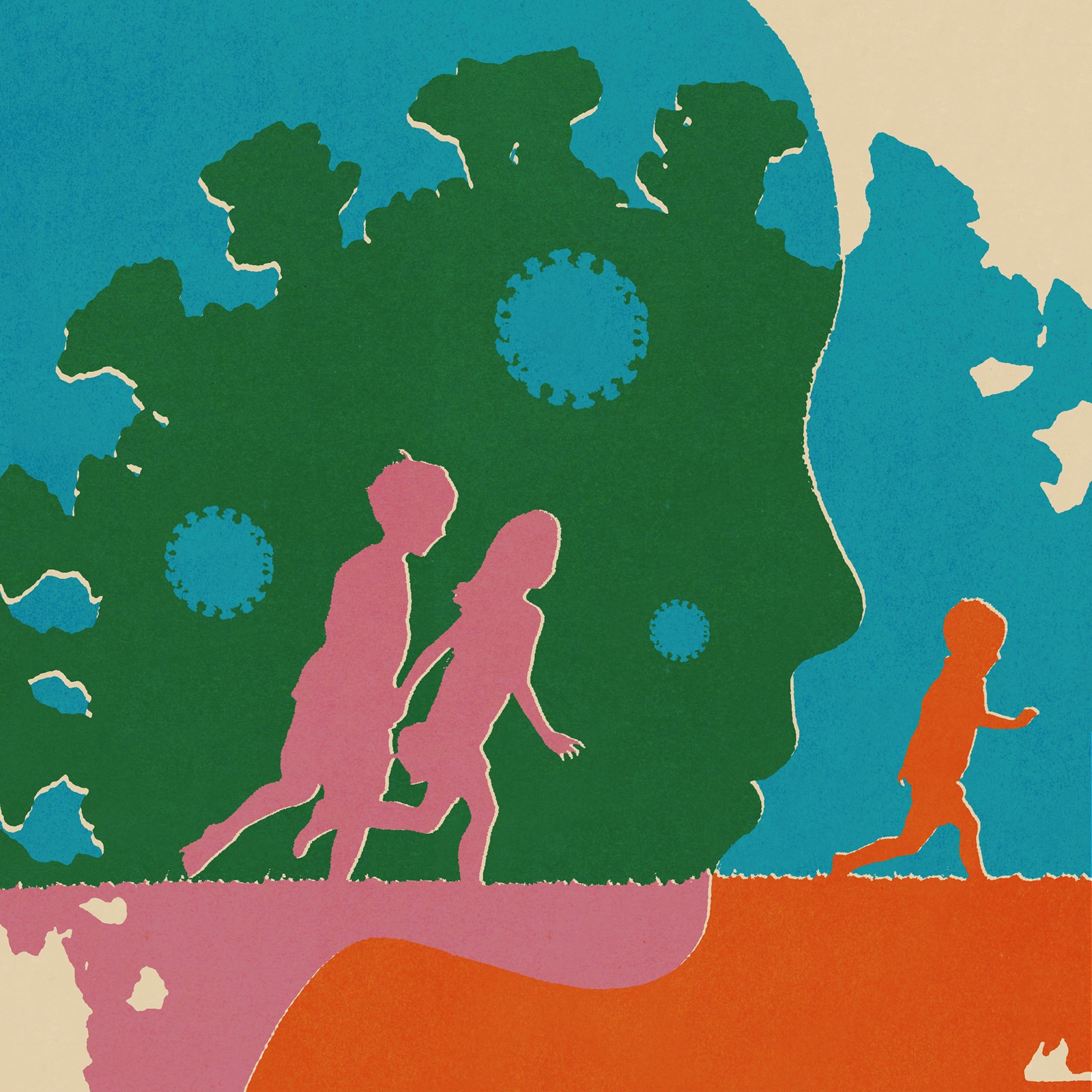
The Centers for Disease Control and Prevention said Friday that children 6 months and older may receive COVID-19 shots if the decision is made in consultation with a health care provider.
The agency’s guidance contradicts Health Secretary Robert F. Kennedy Jr.’s announcement this week that the CDC would no longer recommend that healthy children receive routine COVID-19 shots. Kennedy, who as health secretary also oversees the CDC, has long been skeptical about the need to vaccinate children and has repeatedly said they are at almost no risk from COVID-19. It’s true for many children, a case of COVID-19 will be inconsequential. They might have a runny nose, a cough or other mild symptoms, if any at all, and bounce back within a few days. But some children do become seriously ill and, in rare cases, die from their infections. And data shows that more than 1 million U.S. children have developed long COVID-19.
That discrepancy is at the root of a continuing debate among medical researchers about just how much of a risk COVID poses to children, and whether they should receive annual vaccines against it.
Many agree that the original course of vaccination offered significant protection against serious illness in children. Data from the CDC shows that two or more doses of COVID-19 vaccines were 40% effective at preventing emergency room visits and hospitalizations among children under the age of 5.
But the question of whether children need annual vaccines to protect against the latest circulating variants is more contentious.
Children might not benefit as much as adults would from a yearly shot because their immune systems can remember vaccinations for much longer, said Dr. Michael Mina, a former professor of epidemiology at the Harvard T.H. Chan School of Public Health who has extensively studied COVID-19. Another argument against annual shots is that most children in the U.S. now have some degree of protection from previous infections or vaccinations. Those in favor of annual vaccines for children stress protection from vaccines or infections wanes over time, especially as new variants emerge, so they can benefit from another dose. And emerging evidence shows vaccination may protect against long COVID-19.
“We know that COVID’s still out there. We can prevent it, and the vaccine has got no appreciable side effects,” said Dr. Chris Forrest, a professor of pediatrics at Children’s Hospital of Philadelphia.
This added protection may be especially important for children with underlying conditions, and for those who live with relatives who are older or at high risk of severe illness.
Is COVID-19 mild for kids? : It is difficult to get good data on what share of pediatric cases are mild, but doctors say that most children develop few symptoms.
Some of the best information on children we have is from 2020, before children had built up widespread immunity from vaccination or infections. A review of studies from that year found that around 4% of children with COVID-19 worldwide developed severe symptoms, which can include difficulty breathing, high fever and chest pain.
How likely is it that children will be hospitalized with or die from COVID-19?: Children who have COVID are generally at a low risk for hospitalization. About 234,000 children in the United States were hospitalized with infections between September 2020 and April 2024. Though the virus has led to milder disease over time, children and teenagers still accounted for about 4% of hospitalizations related to COVID between October 2024 and March 2025.
The risk is higher for babies younger than 6 months. From October 2022 to April 2024, young infants were more likely to be hospitalized than any other age group apart from adults 75 and older.


 PREVIOUS ARTICLE
PREVIOUS ARTICLE
